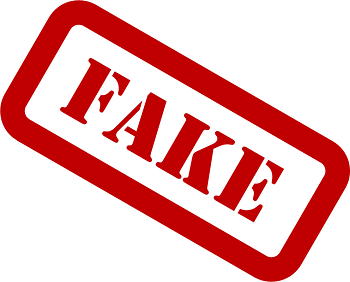Anti-counterfeiting technologies tackle fake resins
The recent debacle at Aston Martin that saw counterfeit DuPont polyamide material used in a critical component highlights the need for processors to ensure their material are legit. Technology from Celanese Corporation (Dallas, TX) is one means of making sure resins are indeed those that have been specified.
March 6, 2014
The recent debacle at Aston Martin that saw counterfeit DuPont polyamide material used in a critical component highlights the need for processors to ensure their material are legit. Technology from Celanese Corporation (Dallas, TX) is one means of making sure resins are indeed those that have been specified.
The company has announced a range of detectable polymer technologies that can help OEMs and suppliers ensure products contain components and parts that meet their material specifications.
|
Resin users will be able to spot counterfeit materials with technology from Celanese. |
"Celanese is working with customers to help them meet their security and safety needs as they relate to protecting against counterfeiting," said Stefan Kutta, global director, Celanese Transportation industry. "These technologies are especially important today in light of several recalls due to inferior and counterfeit materials."
Engineered materials from Celanese are available with anti-counterfeiting technologies to help assist OEM and Tier suppliers in reducing the potential risk and loss of revenue from counterfeits in automotive parts, consumer products, medical devices, packaging and consumer electronics.
"Celanese material scientists have developed various traceability technologies to help customers avoid significant losses due to missed business opportunities, image-loss of brand, unwarranted claims for damages and patent infringements," added Jos Bastiaens, European technology and innovation manager for Celanese. "Celanese can provide different solutions for customized product protection through anti-counterfeiting features in plastics."
Available anti-counterfeiting technologies include:
Unambiguous part analysis based on unique engineered material additives;
Ultraviolet-detectable technologies for enhanced quality control that are primarily used in the production of complex medical devices;
Printing and laser marking technologies that allow Celanese engineered materials to be marked with a visible barcode, such as manufacturer, batch number and raw material/batch.
Other anti-counterfeiting technologies include X-ray detection, micro-tagging - invisible color coded small particles that can be identified via microscopy (10x magnification) - and optical verifiable pigments/nanoparticles that are an invisible marker or "optical fingerprint."
"Celanese is committed to helping our customers protect and enhance their brand," said Kutta. "This portfolio of anti-counterfeiting technologies can help them protect and grow their business."
About the Author(s)
You May Also Like



